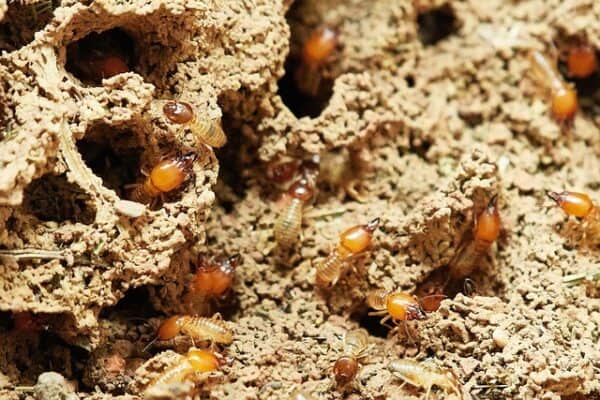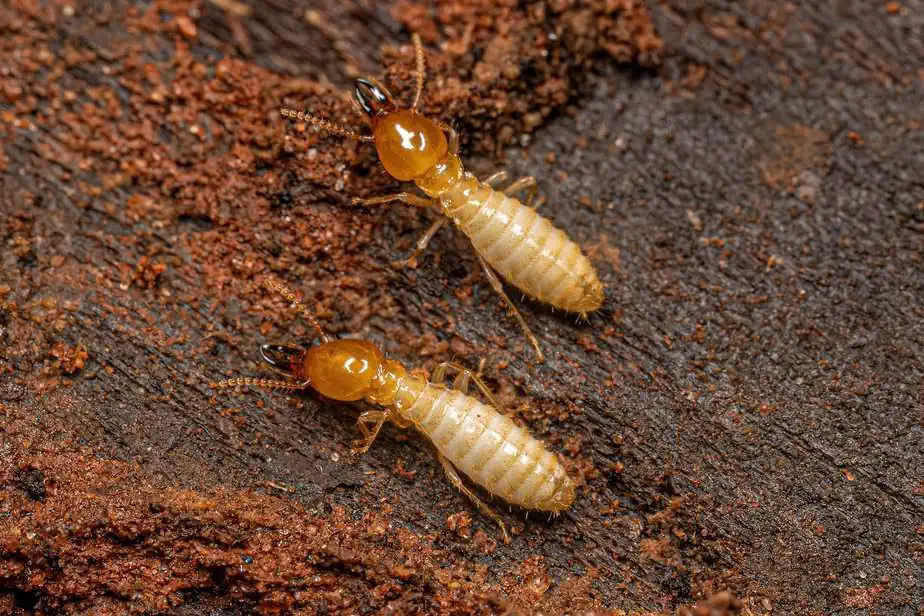House hunting is exciting. You find a place you love. The price seems right. But have you checked for termites yet?
Termites cause billions in property damage each year. They eat wood from the inside out. You often can’t see them until they’ve done serious damage.
A little knowledge when it comes to termite infestations now saves you from huge financial headaches later.

Why Termite Inspections Matter When House Hunting
Termites weaken foundations and damage support beams. They create hollow spaces in wood. This affects your home’s structure. Over time, floors may sag. Walls might crack. In severe cases, parts of the house could collapse. These issues aren’t just expensive to fix. They’re dangerous.
Even with repairs, the stigma remains. If you plan to sell someday, previous termite damage could hurt your asking price.
Most mortgage lenders require termite inspections before approving loans. They know the risks. You should, too.
Red Flags to Watch For During Home Viewings
You don’t need to be an expert to spot possible termite problems.
Here’s what to look for:
- Hollow-sounding wood: Tap on wooden surfaces like walls, floors, and window frames. Hollow sounds suggest termites have eaten the wood from the inside.
- Mud tubes on foundations: These pencil-width tunnels run up foundation walls. Subterranean termites build them for protection as they travel between soil and wood.
- Paint problems: Look for blistering, bubbling, or peeling paint on walls and woodwork. Termites create moisture as they tunnel, which affects paint.
- Discarded wings: Reproductive termites shed wings after finding mates. Small piles near windows or doors signal a termite swarm happened recently.
- Tight doors and windows: Termite damage can warp door frames and windows, making them hard to open or close.
- Uneven floors: Feel for dips or soft spots when walking across floors. Pay attention to creaking or bouncing.
- Frass (termite droppings): Drywood termites leave behind small piles of what looks like sawdust or coffee grounds.
- Damaged wood: Check exposed beams in basements, attics, and crawl spaces for tunnels, holes, or damage.
If you notice any of these signs, ask more questions. Request professional inspection. Don’t ignore your concerns.
Questions to Ask Sellers and Agents
Don’t rely just on what you see. Ask sellers these direct questions:
- “Has this house ever had termite problems?”
- “When was the last professional termite inspection done?”
- “Can I see reports from previous inspections?”
- “Have there been termite treatments in the past? What kind?”
- “Does the home have any moisture issues?”
- “Are there any current warranties or guarantees for termite work?”
Honest answers help you make informed decisions. If the seller seems evasive, consider that a warning sign.
Professional Termite Inspections: What to Expect
While you can spot obvious signs, professional termite exterminators catch what most people miss. They know where and how to look. They understand different termite species and behaviors.
A thorough inspection covers:
- Exterior perimeter
- Foundation
- Crawl spaces
- Attic
- Interior walls
- Windows and doors
- Any wooden structures
Good inspectors tap wood surfaces, check moisture levels, and look for subtle damage signs. They inspect mud tubes to determine if they’re active or abandoned.
After the inspection, expect a detailed report with findings, photos, and recommendations. Some companies even offer guarantees on their assessments as a sign of confidence in their abilities and services.
Prevention Measures Worth Negotiating
If you love a home but discover termite concerns, consider negotiating these preventive measures into your purchase:
- Soil treatment: Chemical barriers in soil create protection zones around foundations.
- Bait systems: Stations placed around the property kill termites and their colonies.
- Wood treatment: Pressure-treated lumber resists termites better than untreated wood.
- Physical barriers: Metal mesh or sand barriers installed during construction block termite entry.
- Moisture control: Proper drainage, fixed leaks, and dehumidifiers reduce conditions termites love.
- Regular inspections: Annual professional checks catch problems early.
Some sellers might include termite bonds or warranties with the sale. These agreements provide ongoing inspections and treatment if needed.
When to Walk Away
Sometimes, termite problems simply cost too much to fix. Consider walking away when:
- Structural damage affects load-bearing walls or support beams
- Repair estimates exceed 10% of the home’s value
- The seller won’t disclose previous termite history
- Multiple active infestations exist throughout the property
- Foundation damage appears extensive
- The home has had repeated treatments without success
No house is perfect. But termite issues can turn dream homes into nightmares. Trust your instincts.
Final Thoughts: Protection After Purchase
Once you buy, stay vigilant. Termites don’t stop working just because ownership changes.
Schedule yearly inspections with licensed professionals. Fix moisture problems quickly. Keep wood away from soil when possible. Trim branches that touch your house.
These simple steps protect your investment for years to come.
Remember, termites work silently. You won’t hear them chewing. But with proper knowledge, care, and help from termite experts, you’ll stop them before they cause serious harm.































